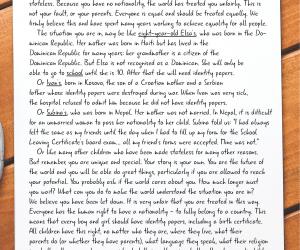Reflect on a photograph
-
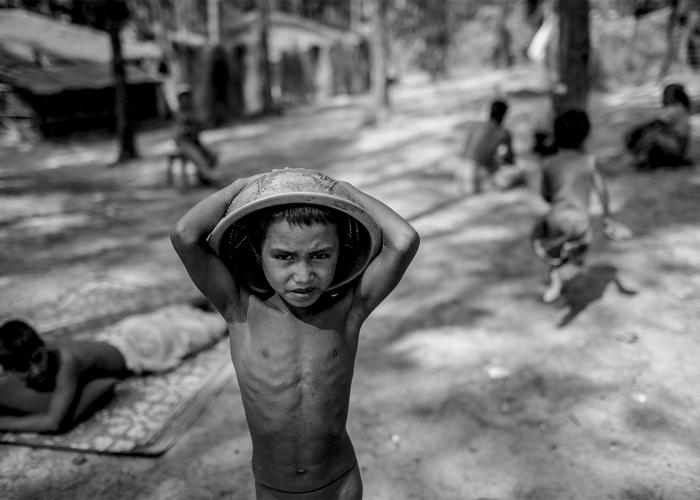
-
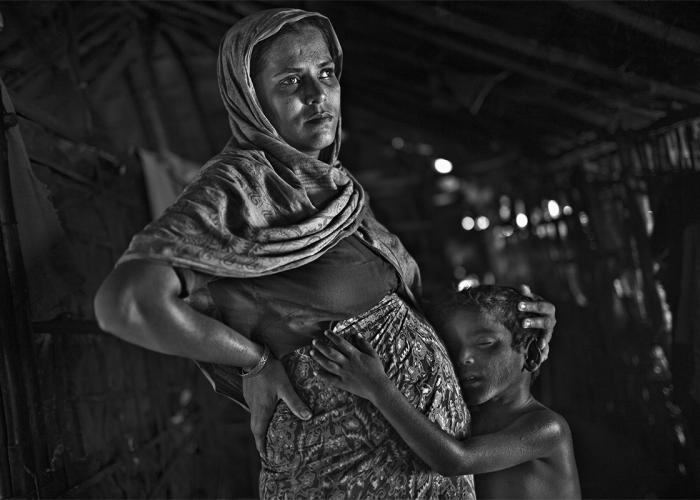
-
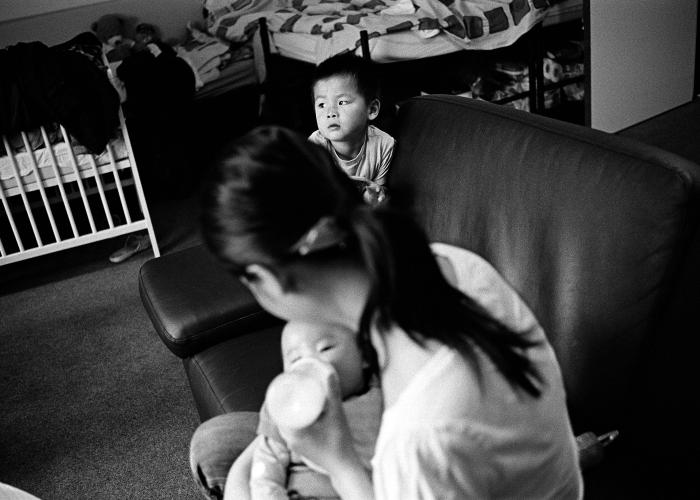
-
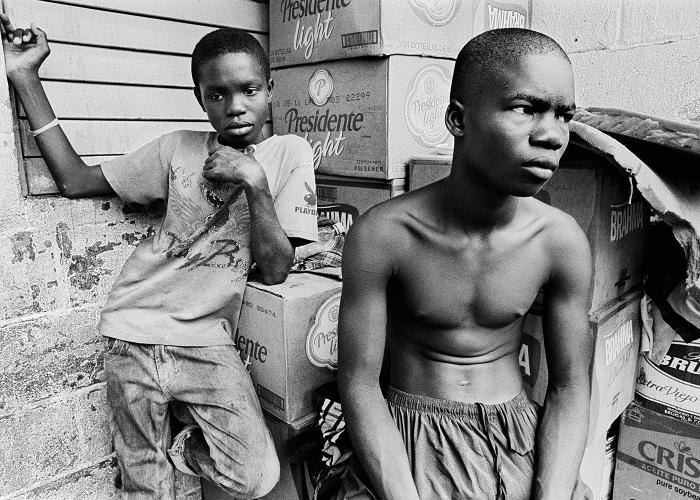
-
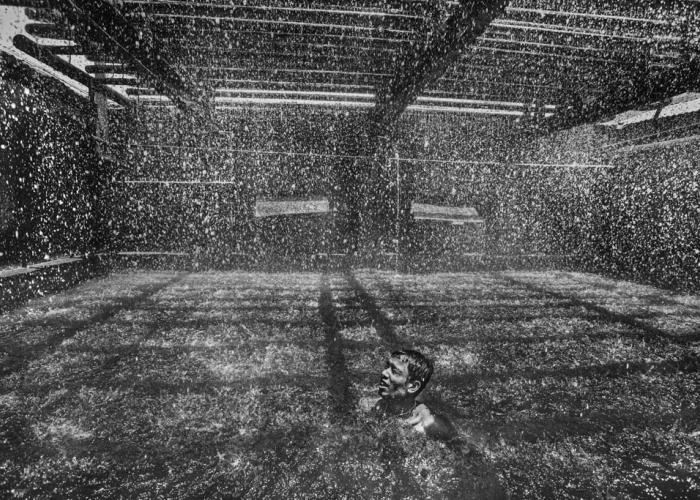
-
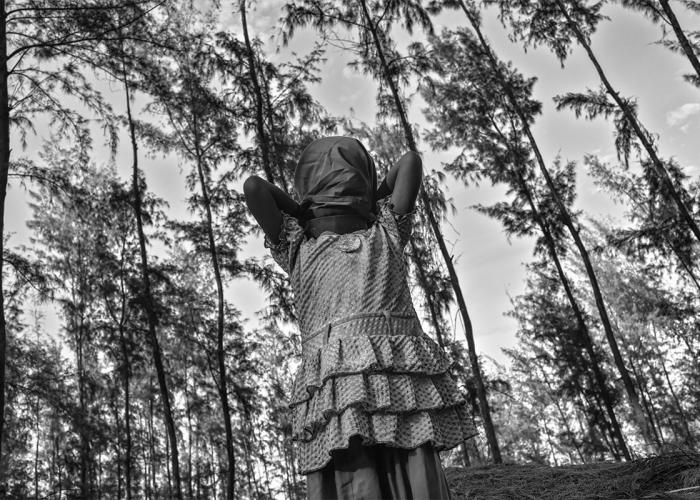
-
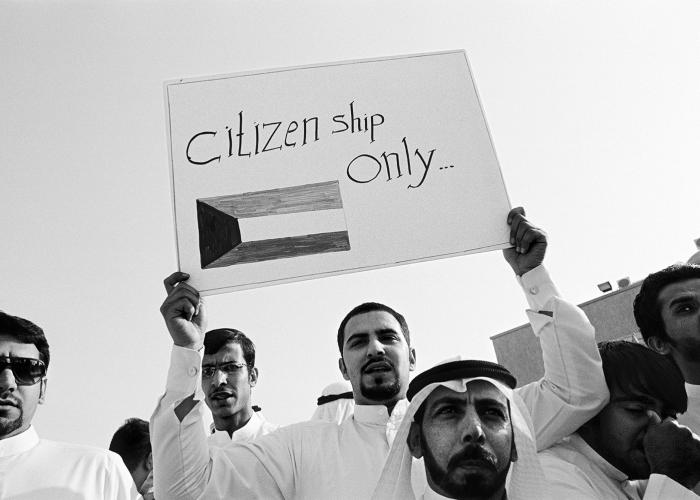
-
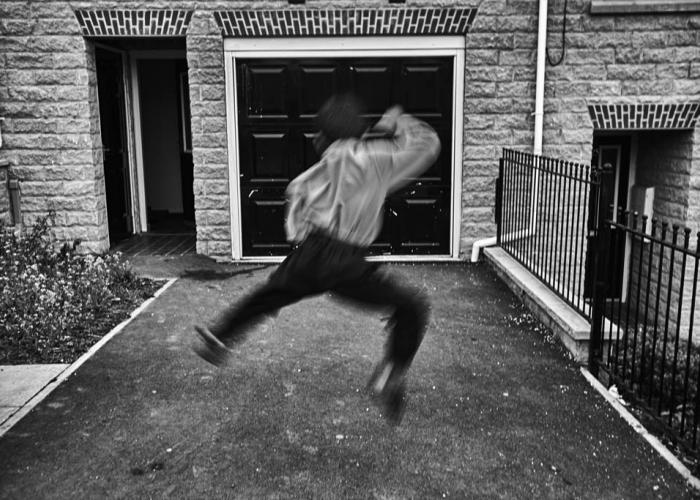
-
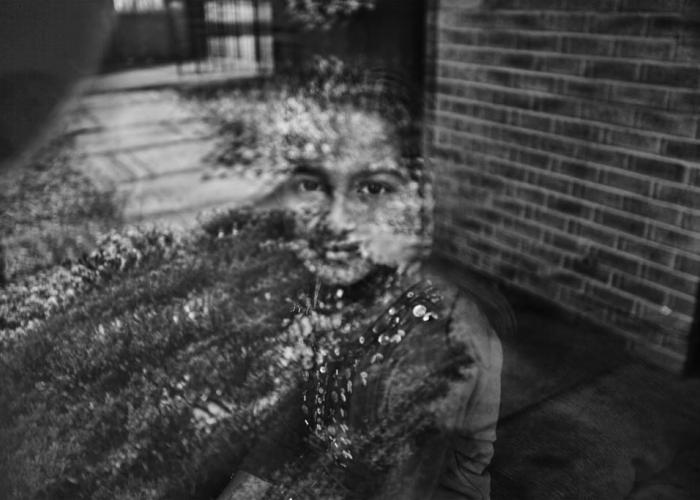
-
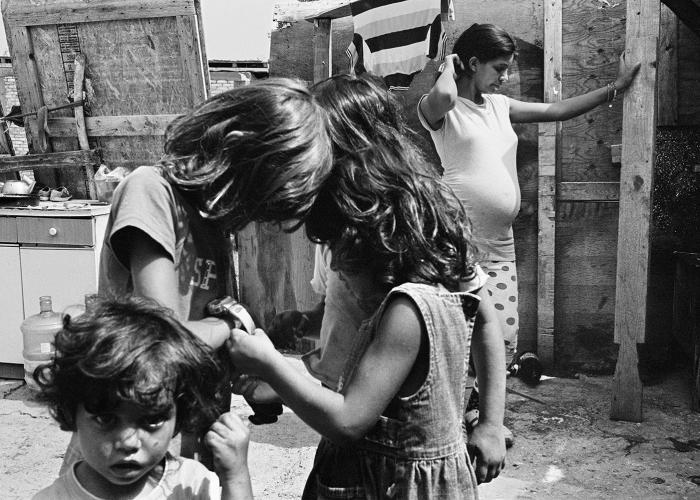
-
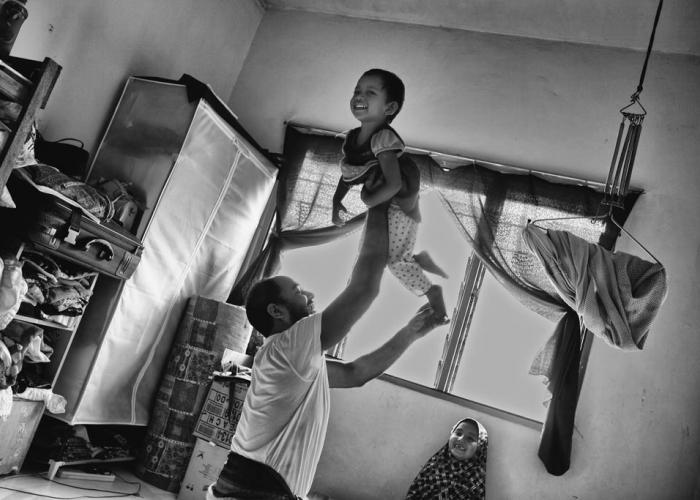
-
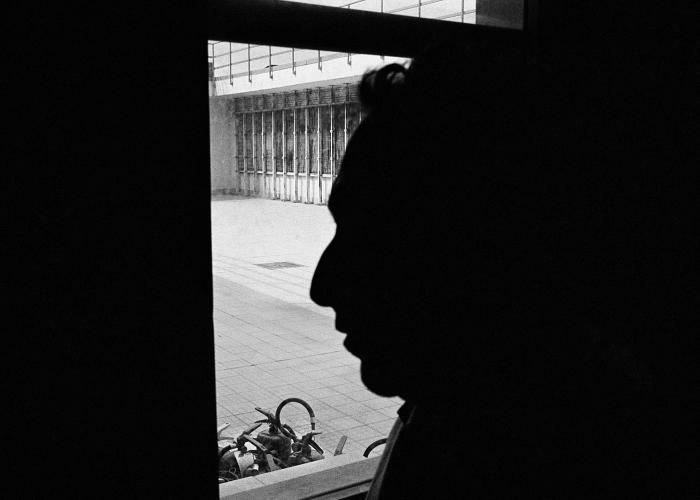
After writing down your thoughts you can send them in!
Need some inspiration? Here are two reflections on photographs by two children. The first is just ten years old, the second is seventeen.
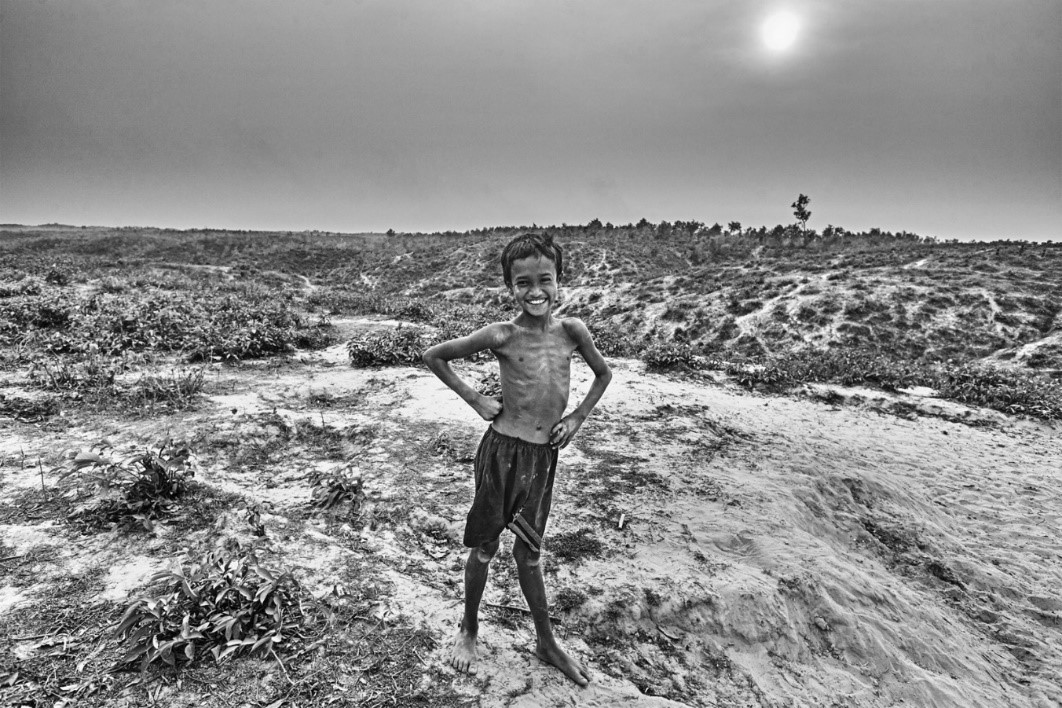
This boy looks like he is so happy. No matter what.
I get upset because he looks very poor. He is very bony, he doesn’t have a t-shirt and has been wearing those shorts forever. He looks like he hasn’t eaten in a very long time.
He is also in a very deserted environment. I wonder how long it takes for him to get water and walk all the way back.
And yet he is smiling such a happy smile.
This picture makes me feel a bit awkward, because we have so much and he has so little. I feel bad that we ask our parents to buy us things. We always want more.
If I could speak to him, I would ask him if he wanted any water or anything to drink. I would ask him how he sleeps at night and what kind of food he eats. I would ask him if he is alone, and where his family is. I would ask him how he crossed to Bangladesh, how long it took, and how he did it.
I would tell him my name and I would say that if he wanted, he could come and stay with us. I would tell him that he looks like my little cousin.
When I hear that he is stateless, it makes me think ‘how can you not have a country?’ Everybody has a country! If you didn’t have a country, you wouldn’t be born on land. You would be born at sea, and all your parents and ancestors would also have been born at sea. If you or your parents were born in Burma or Bangladesh, you should have a country. This is unfair. You can’t force people away from their country because of a name. Just because you are Rohingya. What if the future president was to be a Rohingya and you didn’t know it? What if a good citizen was born and you just pushed them out because they were Rohingya? I don’t think it is fair to judge a person by his name.
I guess you can’t find anything good in a place like that. I guess if you were born like that and grew up like that, you would be more used to it. But if I was in that situation it would be very difficult.
I don’t know if I would be able to smile like him.
Kithmi
Age 10
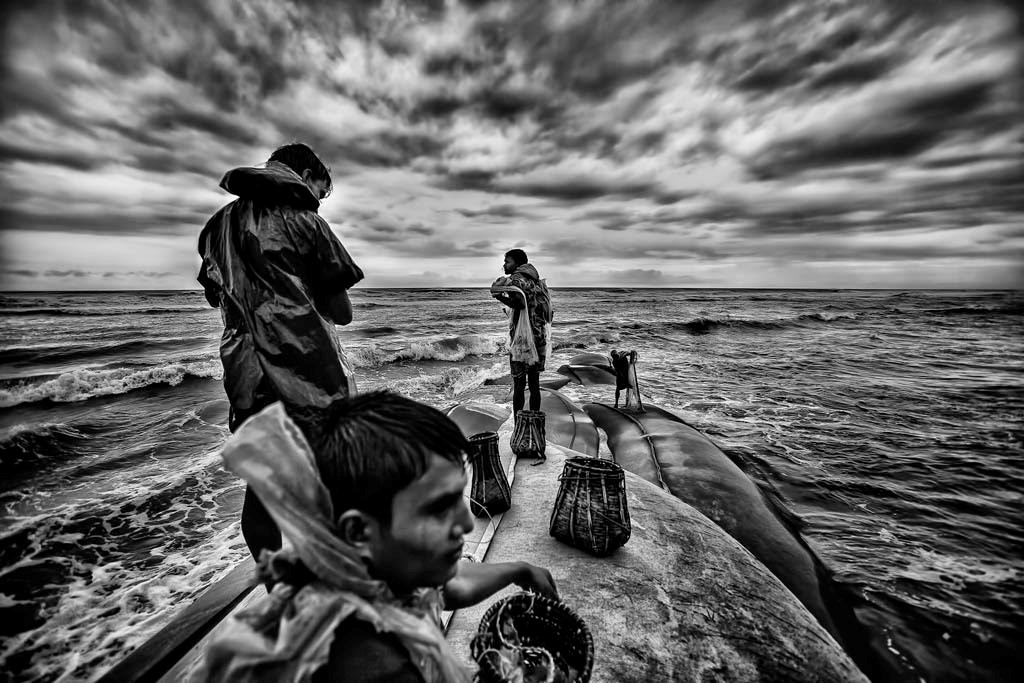
Knowing the dangers on land, where they can be arrested for working illegally, and at sea, where they can drown, these men set out to collect shrimps on a cloudy day, hoping to make some money to feed their families.
The three men depicted in this photograph are zoning out into the sea with a sense of familiarity. Maybe their thoughts travel to the days they spent on it when migrating to Bangladesh, or to the horrors they came across upon the deadly sea. Or maybe they are admiring it, for all the things it has given to them that the land does not; transportation, food, a place to live. Perhaps, the sea is the only place these stateless men can call home.
This picture is strong in the elements of perspective, light, and shadow, and movement. Each of these elements helps to depict the disposition of the men. The waves of the sea and the motion of the clouds can represent the passing of the bad and good times, while the stillness of the men may represent the silence of hope. The photographer was able to capture that one single moment when everything just stopped around them, while they stood still, contemplating life, wondering where it will take them next.
The sea holds the stories of many more Rohingya men, women and children who have crossed it, many of whom have drowned on their way to the borders of Bangladesh, Thailand, Malaysia and beyond.
Overall, the issue of the Rohingya is a crucial one, and is not talked about as much as it should be. As a Bangladeshi, I feel deeply disturbed that we as citizens of a “democratic” country have no say in how we want a crisis like this to be managed. This injustice, this inhumanity, it brings a nation down, rather than holding it up. Bangladeshi culture is always seen as being welcoming and accepting of others. So it is very disappointing to see how little importance these helpless people are given.
We must change the way the Rohingya are treated. For more people to actually feel the need to make change, they must be able to connect with the emotions of these Rohingya and empathise with them. Saiful Huq Omi’s photographs help us to do this.
Inara Jamal
Age 17
